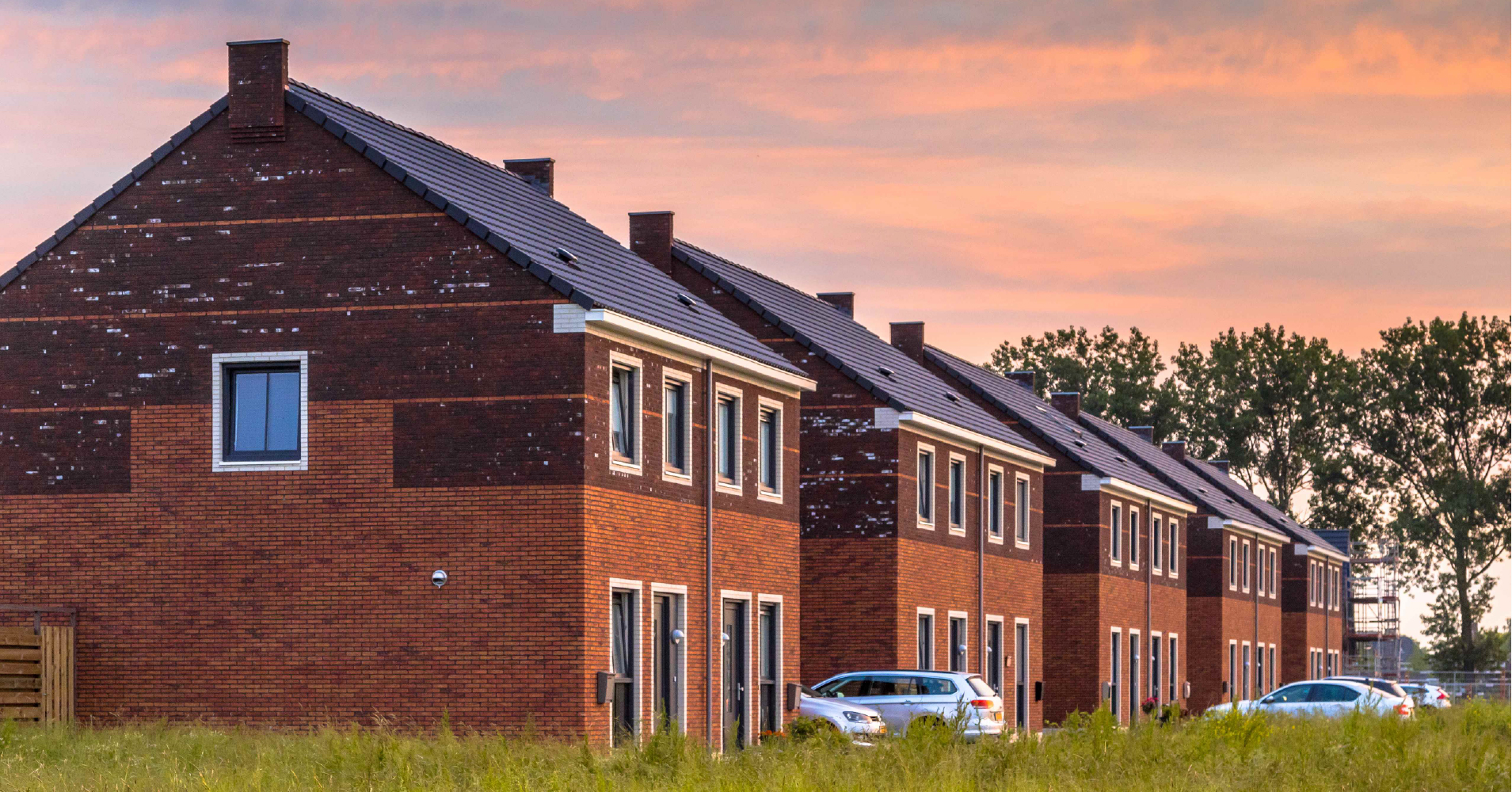
Introduction to Real Estate Development Financing
Financing real estate developments is a multifaceted process that requires a thorough understanding of the market, careful planning, and strategic financial management. Developers must secure sufficient capital to cover land acquisition, construction costs, and additional expenses. This article explores various methods and strategies for financing real estate developments, highlighting key considerations for success.
Understanding Different Types of Real Estate Development Financing
Equity Financing
Equity financing involves raising capital by selling shares of the development project to investors. This approach allows developers to obtain funds without incurring debt. Investors, in return, receive ownership stakes in the project and a share of the profits. Equity financing can come from private investors, venture capital firms, or real estate investment trusts (REITs).
Debt Financing
Debt financing is the most common method for funding real estate developments. This involves borrowing money from lenders, such as banks or private lenders, and repaying it over time with interest. Debt financing can be structured in various ways, including construction, permanent, and bridge loans.
Construction Loans: These are short-term loans used to finance the construction phase of a development project. They are typically interest-only loans with a term of one to three years. Once the construction is completed, developers usually refinance the construction loan into a permanent loan.
Permanent Loans: Also known as take-out loans, permanent loans are long-term loans that replace construction loans. These loans give developers the capital to pay off the construction loan and cover ongoing operational costs.
Bridge Loans: Bridge loans are short-term loans that provide interim financing until long-term financing can be secured. These loans are often used to cover gaps in financing during the transition from construction to permanent financing.
Mezzanine Financing
Mezzanine financing is a hybrid of debt and equity financing. It involves borrowing money, but the lender can convert the loan into an equity stake if it is not repaid on time. This type of financing is riskier and typically comes with higher interest rates, but it can provide developers with the necessary capital when traditional loans are not an option.
Crowdfunding
Crowdfunding has emerged as a popular method for financing real estate developments. This approach involves raising small amounts of money from many people, usually through online platforms. Crowdfunding allows developers to reach a broad base of investors and can effectively secure capital for smaller projects or supplement other financing methods.
Critical Considerations in Real Estate Development Financing
Assessing Market Conditions
Before securing financing, developers must conduct a thorough market analysis to understand the demand for the type of development they plan to undertake. This includes studying the area’s demographic trends, economic conditions, and competition. A robust market analysis can help developers present a compelling case to potential investors and lenders.
Developing a Comprehensive Business Plan
A well-developed business plan is essential for securing financing. The plan should include detailed information about the project, such as the development concept, target market, projected costs, and expected returns. It should also outline the developer’s experience, track record, and strategies for managing risks and ensuring project success.
Building a Strong Team
Successful real estate development requires a team of experienced professionals, including architects, engineers, contractors, and legal advisors. A strong team can enhance the project’s credibility and increase the likelihood of securing financing. Investors and lenders are more likely to support projects led by developers with a proven track record and a capable team.
Risk Management
Risk management is a critical aspect of real estate development financing. Developers must identify potential risks, such as construction delays, cost overruns, and market fluctuations, and develop strategies to mitigate them. This can include securing fixed-price contracts with contractors, obtaining insurance coverage, and building contingency funds into the project budget.
Securing Pre-Sales or Pre-Leases
Pre-sales or pre-leases can significantly enhance a development project’s appeal to investors and lenders. By securing commitments from buyers or tenants before construction begins, developers can demonstrate market demand and reduce the project’s perceived risk. This can make it easier to secure financing and improve the terms of the loans.
Innovative Financing Strategies
Green Financing
Green financing is becoming increasingly popular as developers focus on sustainable and environmentally friendly projects. This type of financing is often available through specialized lenders who offer favorable terms for projects that meet specific environmental standards. Green bonds and loans can give developers access to capital while promoting sustainability.
Public-Private Partnerships
Public-private partnerships (PPPs) are collaborative agreements between government entities and private developers to finance, build, and operate real estate projects. PPPs can provide developers access to public funding, land, and other resources while allowing governments to leverage private sector expertise and investment. These partnerships are commonly used for infrastructure and community development projects.
Financing real estate developments is a complex and challenging process that requires careful planning, market analysis, and strategic management. By understanding the various financing options available and addressing key considerations, developers can secure the capital needed to bring their projects to fruition. Innovative financing strategies, such as green financing and public-private partnerships, can also provide new funding opportunities and enhance the sustainability and impact of real estate developments.